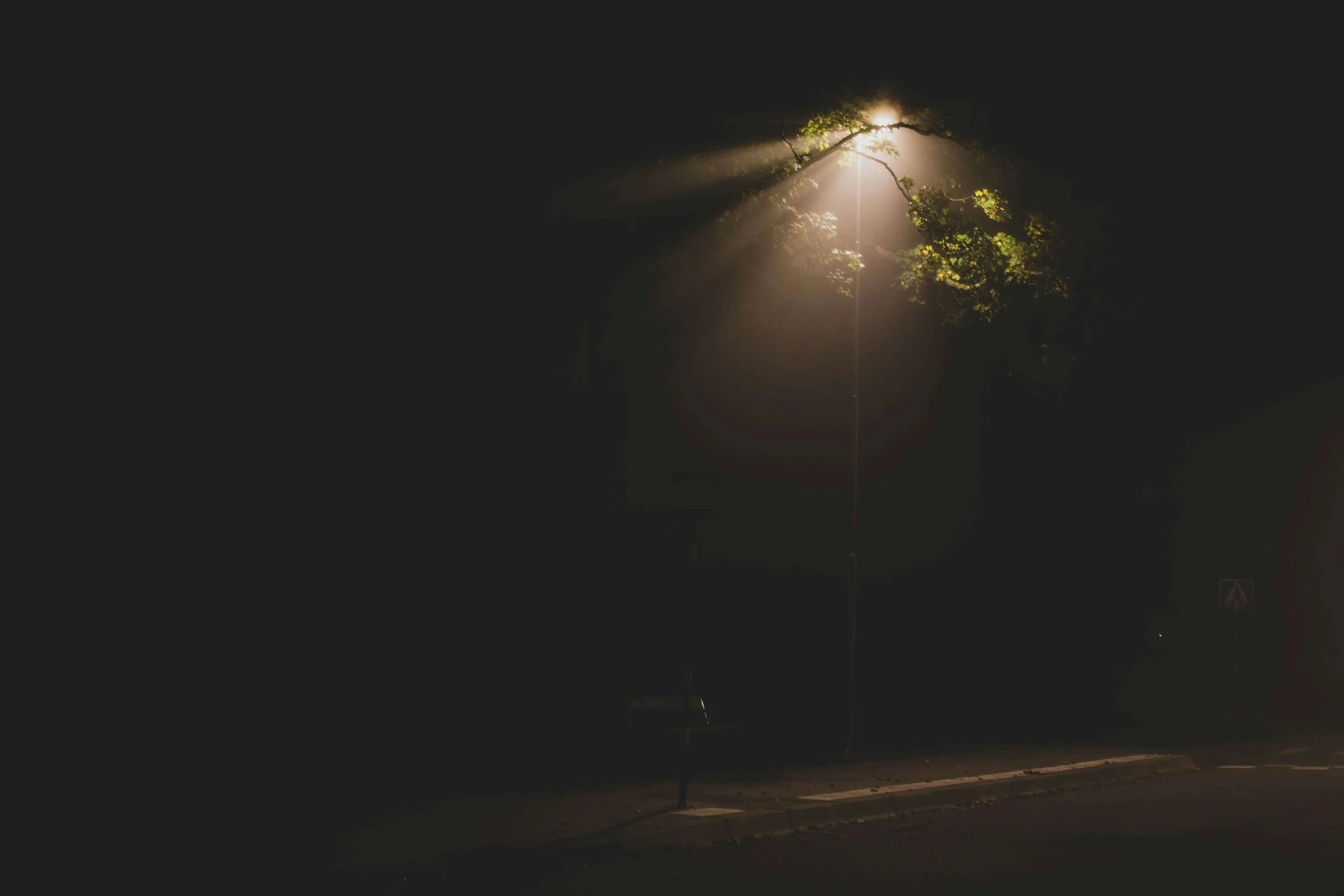A Bonus Liturgy
I first happened upon Devin Gael Kelly during the pandemic by way, I think, of then-Twitter. Devin is a poet and an essayist and a novelist, but what I knew first of his writing was a weekly newsletter (now on Substack) called Ordinary Plots. Every week, he features a poem he loves, attending to the way it works, yes, but also to the way it works on him: on his thoughts, on his heart, on his resolutions about who he wants to be and become. In sharing other installments of Ordinary Plots, I’ve said that I think Devin’s attention is one of the best things that could happen to a poem. I stand by it.
Take a look at this week’s poem and an excerpt from Devin’s reading of it:
At Tender Mercy
O lone streetlight,
Trying to shed
What light you can
On a spider repairing his web
This autumn night,
Stay with me,
As I push further and further
Into the dark.
Charles Simic
from Scribbled in the Dark (Ecco, 2017)
For Simic, the work of poetry is the work of reminding oneself that we cannot—cannot ever—be alone. This takes conscious work, I’d argue. It is an act of listening, of empathy, of attention. In order to imagine a streetlight lonely, you must first see the light and then you must see what is giving the light. This is no small feat in this contemporary moment. In order to have empathy for someone, you must see them first. In order to mystify an image, to make it unfamiliar, to reach into metaphor as an attempt at meaning, you must notice the image first, and you must notice, too, whatever you connect it to.
There’s a deep, involved sense of attention that this requires, and the longer I live in this current world, the more I think that our culture of doomscrolling and memeification and hyper-fast news cycles do a different kind of work. Such structures in our world reinforce the opposite of attention; they take what has happened—whatever event, whatever shock—and spin it quickly into a language we understand rather than one we don’t. They spin it into trolling jokes, viral posts, more and more of the same. The easy to digest or easy to ignore. The work of poetry involves, in some cases, mystifying one’s reality in order to clarify the very fact that it is okay not to know, that it is okay to be unsettled, that it is okay to be somewhere in the midst of doubt. That work begs us to connect on lines that have more to do with something deep within ourselves and less to do with something on our surface. It begs us, too, to make decisions from a place of involvement, which means, I think, that our decisions will be more in line with a kind of justice and solidarity.
Reading Ordinary Plots became part of my Sunday routine during Covid, and as grateful as I am, these days, for church—for the nearness of other people singing, for the weight of the cup we pass to one another, for the occasionally feeling that the pastor is speaking directly to me—I’m also grateful for this habit acquired during Covid: reading, each Sunday, a poem Devin loves and his words about why he loves them. A bonus liturgy.


